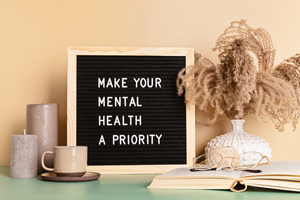Substance abuse counseling is a crucial resource for individuals struggling with substance use disorders, which are increasingly recognized as complex medical conditions that affect the brain. According to Johns Hopkins, substance abuse disorders extend beyond the common association with alcohol, encompassing a wide range of issues related to the misuse of both legal substances, such as prescription medications and illegal drugs. Understanding that substance abuse is not merely a behavioral issue but a multifaceted health challenge is essential for effective treatment and recovery. As communities seek to provide support and resources, finding local counseling services becomes an important step for those seeking help in overcoming these challenges.
What is substance abuse?
Substance abuse refers to the harmful or hazardous use of psychoactive substances, including alcohol and illicit drugs, which can lead to significant impairment and distress. It often manifests as a pattern of consumption that results in negative consequences for the individual’s health, relationships, and daily functioning.
According to the National Institute on Drug Abuse, the most commonly abused substances include alcohol, which is widely used and can lead to addiction and various health issues. Additionally, marijuana, which is often used recreationally, can impair cognitive function and motivation. Prescription drugs, such as opioids and benzodiazepines, which can lead to dependence when misused, are another commonly abused substance.
Over-the-counter (OTC) drugs, like cough syrups containing dextromethorphan, which can be abused for their psychoactive effects — and cigarettes or tobacco products (known for their addictive qualities and serious health risks, including cancer and respiratory diseases) are other commonly abused substances.













